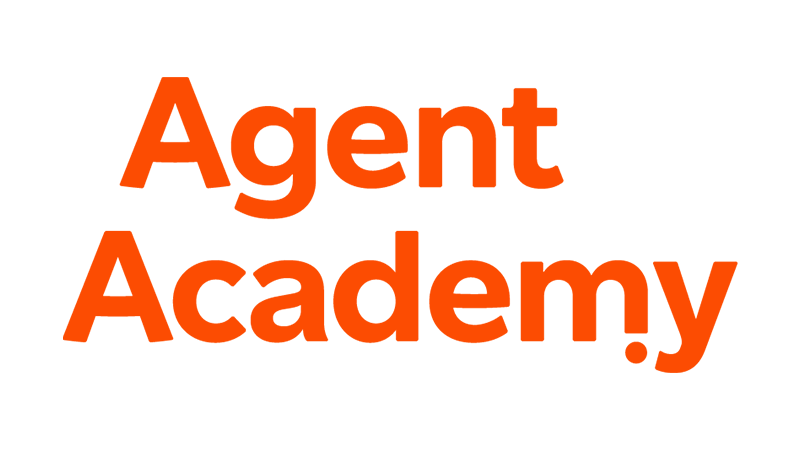Elizabeth Lloyd, Rise Programme January 2024.
More and more people find themselves identifying with neurodivergent traits as information becomes increasingly available. But many, often women, are diagnosed later in life, if at all. As such, many neurodivergent people have struggled in the workplace, often without realising why.
There has been a significant rise in accommodations and acceptance for neurodivergent people, but by no means does this make everything become easy and there is still a large gap in knowledge in this space. Yes, we are seeing the rise but that is because we are right at the beginning.
About two years ago I was diagnosed with ADHD (Attention Deficit Hyperactivity Disorder) with traits of ASD – Autism Spectrum Disorder – which in hindsight, explained a lot.
I have always struggled socially and with focus, which created difficulties as I tried to launch my creative career. My struggles with networking and connecting with colleagues is what drew me to Agent Academy originally, as it is known as a very open and accepting learning space.
My experience to date has varied in different workplaces and has developed over time thanks to the fact that we are seeing a notable rise of knowledge around neurodivergence.
Working in a creative space, neurodivergence is not uncommon. I’ve noticed that we tend to gravitate toward creativity to give our brain the opportunity to take their own avenues to solutions. That is to say, we think outside of the box because we were never in the box to begin with.
On multiple occasions, people I’ve worked with have realised they’re neurodivergent after spending time around other neurodivergent people. Even if you don’t want to seek an official diagnosis, the growing number of resources can help reframe your work and find tricks for when it feels like your brain is fighting against you.
The best advice I have ever heard was from my doctor when I was first diagnosed. He told me to ‘weaponise my ADHD’. So what does this look like in practice? Well, having ADHD can sometimes result in ‘hyperfocusing’. I get totally absorbed in a project and can think about little else for hours on end. During a project, I try and reframe it in a way that will get my brain interested. It’s sort of like leaving a trail of treats to lure your dog to the bathtub. Regardless, this frame of mind has helped me work more efficiently and keep my interest for much longer.
Joining Agent Academy, I initially felt a little apprehensive about the frequent group work. However, I was pleasantly surprised in the first session when Sana Aboarook – our program leader – started talking about neurodivergence specifically. It was phrased in a respectful and informative way, which has been unfortunately absent in some other instances. She asked the group if there was anyone with neurodivergences they felt comfortable sharing and I mentioned my ADHD. When she asked to follow up with an example, I was a little taken off guard but explained a little about how it affects me in the workplace.
Being able to talk a little bit about it meant that my fellow participants were aware from the get-go that there may be a couple of things I would struggle with, but these were easy to bypass if kept in mind. This has been invaluable throughout the program.
On a similar, if slightly more personal note, I have been trialling medication for my ADHD during the program. I have been on different dosages that have affected me differently, especially if it was the first day doing so. Sometimes getting used to the medication was quite difficult, but Agent Academy had made an environment in which I felt comfortable disclosing these struggles and supported during them.
Being neurodivergent in a workplace can be difficult. However, having people willing to listen and work with you is incredibly important and utterly invaluable. There are too many instances from school to retirement of feeling ‘wrong’ because you don’t quite come at problems from the same place. I have been so excited to see the rise in awareness and accommodations, and it’s made me so much more hopeful for my future career.
Are you looking for a path into the career you’re dreaming of? Discover more about Rise

